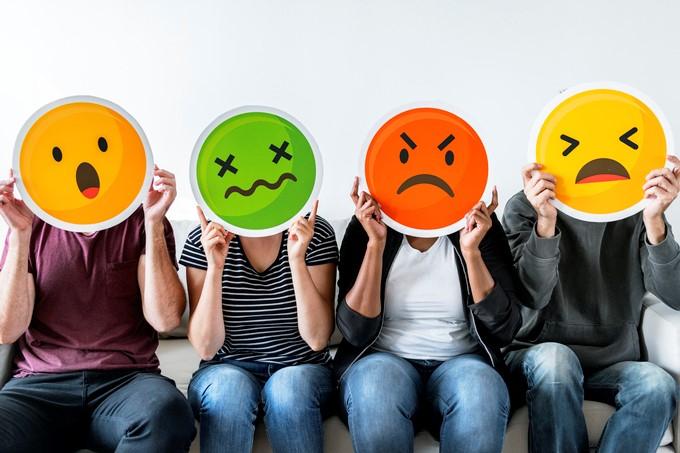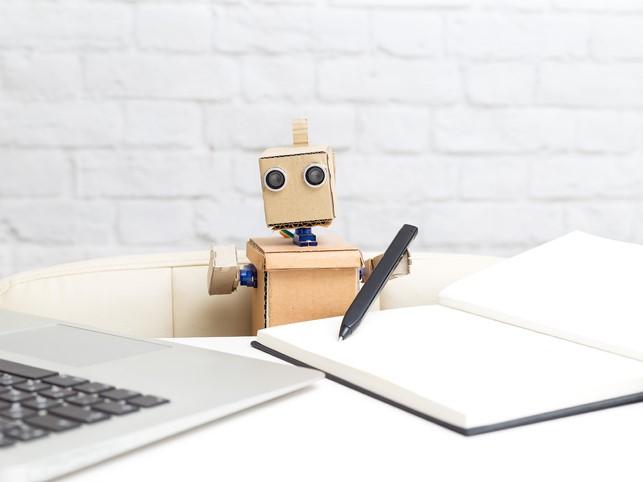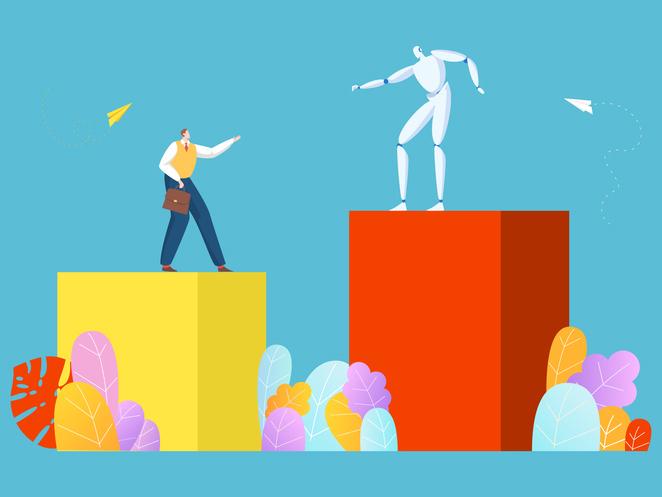Employability is an increasingly important outcome of higher education. However, what this means in practice can be challenging to define. For organisational behaviourists Carl Cederström and André Spicer, employability today is more than simply the capacity to work. Instead, it is something more like a mode of selfhood. They explain, “technical skills are not enough…what is really demanded is a particular self, one that is positive, healthy and energetic”. In higher education, discussions of employability and career readiness often reflect this cultural emphasis on the merits of positive thinking.
A 2021 Australian study of stakeholders in work integrated learning, including student placements, internships and other kinds of work-based experience, indicated that academics, professionals and students associate employability with a “positive”, “right” or “good” attitude. It makes good sense, then, for educators to encourage students to present themselves with an air of positivity as they navigate career opportunities. In this way, students are coached to answer job interview questions about professional challenges with stories of their ingenuity, resilience and success, and to avoid stories of disappointment, discomfort, inadequacy or failure.
- Resource collection: AI transformers like ChatGPT are here, so what next?
- Teaching AI literacy: how to begin
- AI or VR? Matching emerging tech to real-world learning
But to inform career planning at any stage, valuable insights do not only emerge from the roles, tasks and settings in which we succeed. Rather, there is much to be learned from experiences we find uncomfortable, responsibilities we find onerous, tasks we find dull or unpleasant, approaches we find frustrating, and roles that turn out to be a poor fit for our skills, strengths, interests and values. If students are taught to avoid reflecting on the “negative” aspects of their experiences, this is likely to restrict their access to a range of valuable insights with the capacity to shape and inform their career plans.
With this in mind, educators in RMIT’s undergraduate fashion enterprise course recently trialled a new approach to a work integrated learning experience in which students travelled to Indonesia to participate in a range of professional settings within its fashion industry. Set out below are three key recommendations based on this trial.
1. Explicitly require students to reflect on ‘negative’ aspects of their experience
Upon completion of the study tour, students were required to use their new professional experience to identify and reflect on “an aspect of your global experience that you found challenging, difficult or unpleasant (for example, a working environment you felt uncomfortable and unproductive in, a situation in which a gap in your skillset caused a problem, or a task or challenge you did not enjoy)”.
Several students reflected on the discomfort they felt during a visit to a manufacturing facility and the difficulty they experienced adjusting to a new business culture. Others reflected on gaps exposed in their skill sets. One described finding her communication skills lacking during unique opportunities for professional networking and another reflected on struggles with public speaking.
Students were guided to consider these negative or uncomfortable experiences as a source of important new information to factor into their career planning. They were encouraged to confront their ethical concerns, carefully consider their expectations about careers in the international fashion industry and reflect on their lack of experience in certain professional settings.
2. Continue to reinforce important conventions around ‘positivity’ in job application processes
These strategic reflections on the “negative” aspects of the work integrated learning experience were submitted alongside tasks requiring students to demonstrate an appropriately positive attitude when applying for jobs, with a series of behavioural job interview questions such as: “When have you needed to demonstrate your agility, flexibility or adaptability in a professional environment? What was the situation?” Students were coached to draw on their study tour experience to provide appropriately positive anecdotes, guiding them towards responses that highlighted the skills and strengths they used to solve problems and achieve goals.
Students tended to find this “positive” mode of reflection more familiar than the “negative” and were largely successful in crafting appropriately positive responses. Several reported on the development of their skills in networking and professional engagement, and on their collaborative work with domestic Indonesian students, illustrating their skills in cross-cultural communication. One student reported using her experience of developing behavioural job interview responses to support a successful job application when she returned to Australia.
3. Build insights from students’ negative experiences into future iterations of courses
Finally, creating a designated space for students to reflect on their “negative” experiences, in addition to coaching them to craft the positive responses required by job application processes, led to important insights for the future development of the course.
Rather than shying away from activities where students might feel discomfort or unease – such as the visit to the manufacturing facility and the requirement to present research outcomes to industry partners – the course embraces these opportunities as key learning sites. However, in response to students’ reflections on these experiences, additional support and coaching will be integrated into the course to prepare students for these activities, both before and during, and to reassure them of their benefits.
Anna Branford is a careers educator, Harriette Richards is a lecturer and Carolina Quintero Rodriguez is a lecturer, all at RMIT University.
If you would like advice and insight from academics and university staff delivered direct to your inbox each week, sign up for the Campus newsletter.




comment